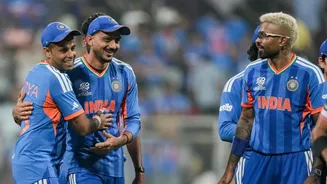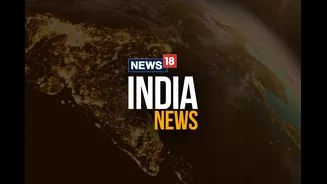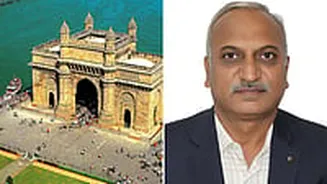Initial Public Statement
The initial controversy began when Hansal Mehta publicly expressed his support for the film, 'Ek Deewane Ki Deewaniyat'. His endorsement quickly became
a topic of debate on social media. Many people questioned his decision, leading to a surge of critical comments directed at Mehta and the film itself. The online response highlighted the strong opinions and the emotional investment people have in the content they consume. The issue triggered discussions about the freedom of artistic expression, the responsibilities of filmmakers, and the influence of audience perceptions.
Mehta's Retaliation
In direct response to the criticism, Hansal Mehta defended his stance with a strong counter-argument. His defense highlighted the crucial role cinema plays in contemporary culture. He posited that films, like any art form, have the power to influence perspectives, provoke thoughts, and incite emotions. Mehta's remarks acknowledged the depth of feelings among the public but reiterated his support for the work. His stance sparked a further round of dialogue, centered on the balance between artistic liberty and societal expectations. The situation became a prime example of the ongoing discussions about content creators and their audiences.
Cinema's Persuasiveness
Hansal Mehta's argument centered around the inherent persuasive power of cinema. He essentially underscored how films can shape attitudes, present new ideas, and drive dialogue. Mehta emphasized the impact of narratives and visual storytelling on viewers. He pointed out that cinema, by nature, can be a mirror reflecting society or a catalyst for change. The director's perspective underscored the idea that movies are more than simple entertainment; they're powerful tools with the potential to influence cultural and individual perspectives. This viewpoint acknowledges cinema's importance in both entertainment and its ability to act as a platform for challenging perceptions.
Impact of Criticism
The online backlash directed at Mehta and the film serves as a poignant reminder of the considerable impact of public opinion on creative endeavors. The quick spread and volume of negative comments demonstrate how rapidly perceptions can shift in the digital age. The incident raised several crucial questions concerning content creators, their artistic freedom, and their accountability to audiences. Moreover, it showcased the power of social media to amplify voices, both positive and negative, thereby influencing conversations surrounding film releases and directors' decisions. The impact underscored the need for thoughtful discussions and a balanced approach when analyzing artistic projects.
Ongoing Discussions
The public debate stemming from Hansal Mehta's support for 'Ek Deewane Ki Deewaniyat' reflects ongoing dialogues within the film industry. Topics covered include the responsibilities of filmmakers, and the effect of artistic expression in various settings. This situation opened conversations about the balance between freedom of expression and societal norms. The discussions highlight the continuous evolution of movie content and audience reception in a digital era. They underscore the importance of nuanced discussions, while promoting a greater understanding of the complex relationships between creators and viewers.















